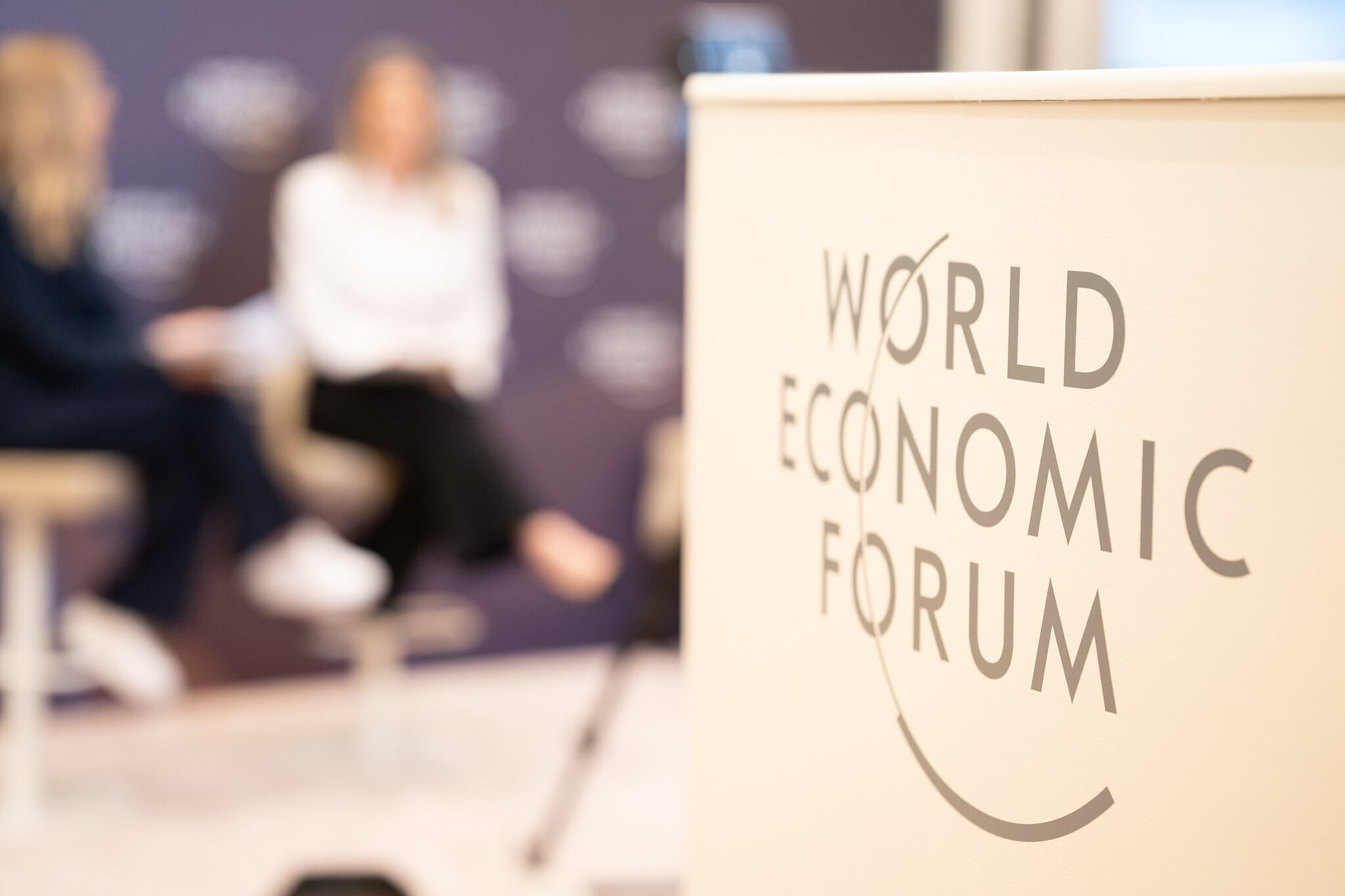
Resilience in the Middle East for 2025
MENA faces rising inflation, climate crises and conflict in 2025 but opportunities in digitalization, economic diversification and cooperation offer hope.
Maroun Kairouz serves as Managing Director at the World Economic Forum, where he leads the Centre for Regions, Trade and Geopolitics. In this capacity, he oversees the Forum’s global engagement with the public sector and shapes its agendas on trade, investment, and geopolitical affairs. His leadership is instrumental in fostering collaboration between governments and international organizations to address pressing global challenges.
Prior to his current role, Kairouz held several key positions within the Forum, including Director for the Middle East, Deputy Director for Europe & Eurasia, and Special Assistant to the President.
Before joining the Forum, Kairouz held leadership roles at Oxfam, the Central Bank of Lebanon, and Procter & Gamble, bringing a diverse background spanning the public sector, international development, and the private sector.
He holds a Master's degree in Economics of International Trade and an Executive Master's in Global Leadership, equipping him with a robust understanding of global economic systems and leadership dynamics.
MENA faces rising inflation, climate crises and conflict in 2025 but opportunities in digitalization, economic diversification and cooperation offer hope.
By focusing on key material issues, fostering private-public collaboration and embracing knowledge sharing, MENA companies can the lead the way on climate.
中東・北アフリカ地域(MENA)は、紛争から経済的苦境、人道問題、深刻化する気候変動問題まで、さまざまな課題に直面しており、結束力の欠如がすべてを悪化させています。サウジアラビアのリヤドで開催される、世界経済フォーラムの「開発に向けたグローバル・コラボレーション、およびエネルギー」特別会合が強調するように、こうした状況を乗り切るだけでなく、「インテリジェント・エコノミーの...
These were some of the key takeaways from speakers from the MENA region on the core themes of global collaboration, growth and energy for development.
MENA faces several major challenges, but alongside addressing these, it needs to prepare itself for the emerging era - the age of intelligent economies.
This year's #SpecialMeeting24 convenes leaders from diverse spheres to discuss Global Collaboration, Growth and Energy for Development.
The stark disparity in perspectives on show at the World Economic Forum's Annual Meeting illustrated the daunting challenge of bringing durable peace to the region
Energy transition technologies have the potential to generate significant energy and derivative exports, enabling MENA to remain a net energy exporter.
Astute use of the latest technology is key to decarbonising the Middle East and North Africa region and ensuring that the area achieves its net-zero goals.
The World Economic Forum is working with MENA countries to establish 'markets-of-tomorrow' accelerators, bringing together public- and private-sector stakeholders.
There is a strong case for climate action that will help MENA’s populations and businesses adapt to the growing climate realities and prepare for future shocks.
Host of the next two COP events — in Egypt and the UAE — the Middle East is taking centre stage in the pursuit of net zero emissions. Here's why that's good.
Progress is needed to secure economic equality for women in the MENA region. Increasing female representation in leadership roles can improve global competitiveness.
Here's how MENA region stakeholders can collaborate to shape an effective COVID-19 recovery and create an inclusive, sustainable and resilient Middle East.
To avoid another conflict – or the rise of extremism even worse than Islamic State – Iraqi and Syrian governments must curb corruption and mend society.













